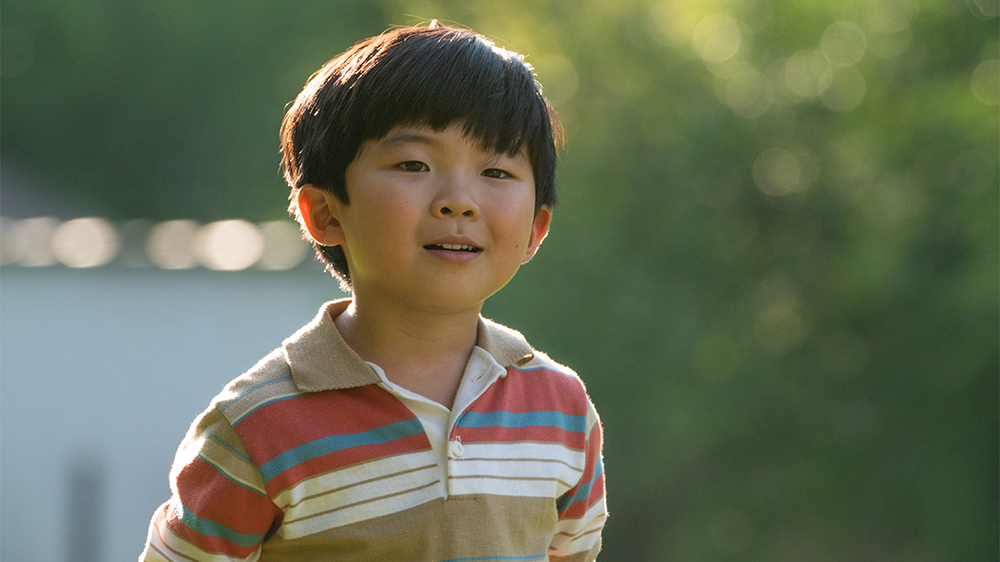
Minari opens beautifully. A hauntingly airy score from Emile Mosseri. A countryside floating by outside a car window. A child in the backseat looking out. We know immediately we are on a journey of discovery, but a wholly intimate one, not just about exploring new landscapes in the natural world.
The film centers around a South Korean family moving to a farm in Arkansas in pursuit of the American dream. The hard-working father, Jacob (Steven Yeun), has bold dreams of starting a farm to provide for the family, while the mother, Monica (Han Ye-ri), is more concerned with the practicality of making a living in their new home state to provide for their children, Anne (Noel Kate Cho) and David (Alan Kim). The film mainly plays out from the child’s perspective of young David, witnessing his family struggles to find their way.
A well-told film could work good enough with a premise like that, but the reason I believe that this film soars to an emotionally-rich and universal story is because of the semi-autobiographical nature of the script, based partly on writer-director Lee Isaac Chung’s experience as a child. In these characters, and in the superb performances from this cast, we are treated to a family dynamic with details and idiosyncrasies so specific and nuanced that the film rings true down to its very core. Later in the film, we are treated to the appearance of Soonja (Youn Yuh-jung), the grandmother of the children, who arrives to help the family in their new home. She brings along with her a strong reminder of the family’s Korean heritage, which is perhaps the reason for David’s initial mistrust of her upon her arrival. She brings a fresh vibrancy to the film at this point as her relationship deepens with the children. She teaches them how to gamble, pokes fun at them, and takes them with her to plant the korean-native herb, minari, on their land.
Meanwhile, Jacob struggles to provide and find a way to grow and sell other Korean crops in order to make ends meet. This ambition leaves his wife, Monica, stuck between the needs of her children and the threat of a failing farm. This movie is not just a coming-of-age story for the kids, but also for the adults who are learning how to grow their family in a new land. As they succeed and as they struggle, we know that these moments will shape their lives forever.
Minari captures the reality of what it is like for an immigrant family in America and presents it to us with a raw authenticity that speaks to the heart of the human experience. We all long to leave impact and grow something beyond ourselves. And what this film shows, is that it’s often the most personal and overlooked aspect of our lives that has the greatest potential for growth. In a Q&A about the film, Chung speaks about the fact that in his own life, it was his father who pointed out that the minari thrived most in that Arkansas land so many years ago.
